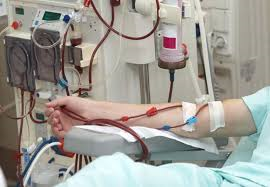 Ketogenic diet could have the potential to replace dialysis, which is a procedure that artificially filters blood in place of a damaged or failed kidney, said study researcher Charles Mobbs, professor of neuroscience and geriatrics and palliative care medicine at Mount Sinai School of Medicine in New York City. "I speculate that this may be useful to completely cure diabetic kidney failure, and I hope that it's possible," Mobbs told MyHealthNewsDaily. "If it's possible, we can potentially not require dialysis. That's a big deal." NBC News: Low-carb, high-fat diet could replace dialysis Other experts say the finding is promising for Type 1 and Type 2 diabetics with earlier-stage kidney disease, but more research must be done to provide evidence that the diet can make an impact on end-stage kidney disease, or kidney failure. The study was published today (April 20) in the journal PLoS ONE. Source: http://www.nbcnews.com/id/42689095/ns/health/t/low-carb-high-fat-diet-could-replace-dialysis/#.V4jY3I-cE0Q
0 Comments
What is the difference between Ketosis and Ketoacidosis, and Keto and Fat Adaptation. 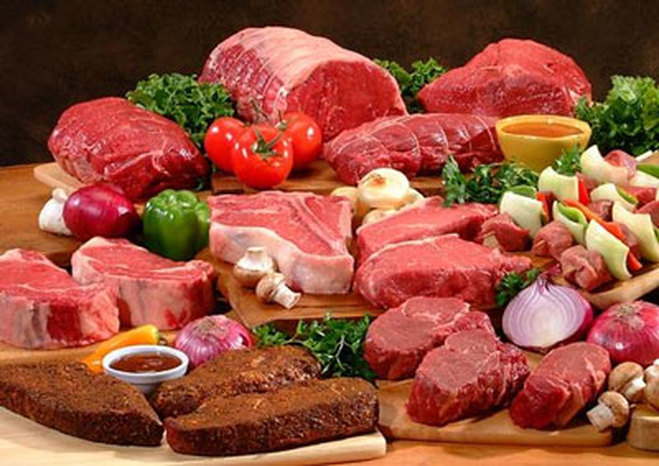 Women who reduce lamb and beef in their diets are more likely to suffer depression, according to the new study.: The Telegraph: Red meat halves risk of depression The team made the link after a study of 1000 Australian women. Professor Felice Jacka, who led the research by Deakin University, Victoria, said: "We had originally thought that red meat might not be good for mental health but it turns out that it actually may be quite important. When we looked at women consuming less than the recommended amount of red meat in our study, we found that they were twice as likely to have a diagnosed depressive or anxiety disorder as those consuming the recommended amount." The results of the study are published in the journal Psychotherapy and Psychosomatics. The Department of Health recommends consuming no more than 70g of red meat a day - the equivalent of a Big Mac burger. Source: http://www.telegraph.co.uk/news/9158235/Red-meat-halves-risk-of-depression.html 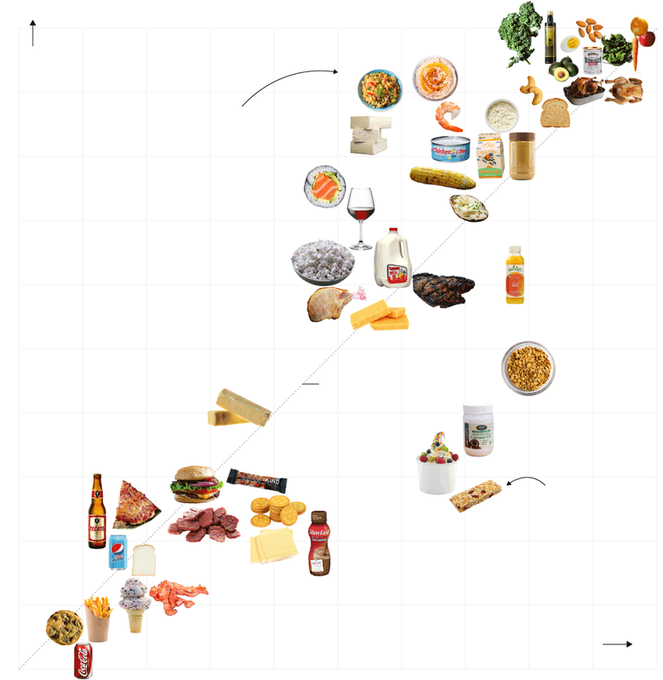 Unfortunately, the answer is anything but simple. The Food and Drug Administration recently agreed to review its standards for what foods can be called “healthy,” a move that highlights how much of our nutritional knowledge has changed in recent years – and how much remains unknown. A media and polling firm, we surveyed hundreds of nutritionists – members of the American Society for Nutrition – asking them whether they thought certain food items (about 50) were healthy. The results suggest a surprising diversity of opinion, even among experts. Yes, some foods, like kale, apples and oatmeal, are considered “healthy” by nearly everyone. And some, like soda, french fries and chocolate chip cookies, are not. But in between, some foods appear to benefit from a positive public perception, while others befuddle the public and experts alike. (We’re looking at you, butter.): The New York Times: Is Sushi ‘Healthy’? What About Granola? Where Americans and Nutritionists Disagree It’s clear that many shoppers do want to eat healthful foods but are unsure what to choose. Source: http://www.nytimes.com/interactive/2016/07/05/upshot/is-sushi-healthy-what-about-granola-where-americans-and-nutritionists-disagree.html?_r=0 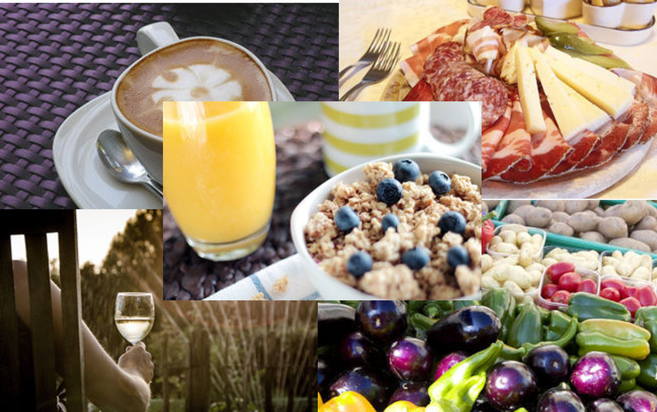 It may surprise you to learn that certain everyday foods, some of which are considered healthy, have the capacity to overstimulate your nervous system just as powerfully as a stressful life event according to a new article: Psychology Today: These 5 Foods and Substances Can Cause Anxiety and Insomnia Medication is helpful in managing your symptoms in the short term, but what if you could get to the root cause of the problem once and for all? If you identify which ingredients in your menu are working against you, you can gain control over your symptoms? Check the link bellow for a list of foods and substances most likely to press your panic button: https://www.psychologytoday.com/blog/diagnosis-diet/201607/these-5-foods-and-substances-can-cause-anxiety-and-insomnia Researchers suggest increasing duration of nightly fasting may improve prognosis in patients with breast cancer according to a new study:
Science Daily: Short overnight fasting linked to increased risk of breast cancer recurrence Researchers also reported that fasting fewer hours per night was associated with significantly less sleep and higher levels of glycated hemoglobin (HbA1c), which is a measure of average blood sugar levels over a period of months. These findings are relevant to cancer prevention and control efforts because elevated HbA1c and poor sleeping habits have been linked to an increased risk of breast cancer. Additional study co-authors include Caitlin I. Breen, Sheri J. Hartman, Loki Natarajan, John P. Pierce, Shirley W. Flatt, and Dorothy D. Sears, UCSD; Sandahl H. Nelson, UCSD and San Diego State University. This research was funded, in part, by the National Cancer Institute of the National Institutes of Health (F31CA183125, K07CA181323, U54CA155435, R01CA166293). Source: University of California - San Diego. "Short overnight fasting linked to increased risk of breast cancer recurrence: Researchers suggest increasing duration of nightly fasting may improve prognosis." ScienceDaily. ScienceDaily, 31 March 2016. <www.sciencedaily.com/releases/2016/03/160331122348.htm>. Is ignoring the guidelines the best way to reverse diabetes? That’s what Dr. Sarah Hallberg says, and she should know because she has lots of experience helping her patients do that. Watch her interview with Andrea Eenfeldt to learn more: Source: http://www.dietdoctor.com/reversing-diabetes-ignoring-guidelines-full-interview 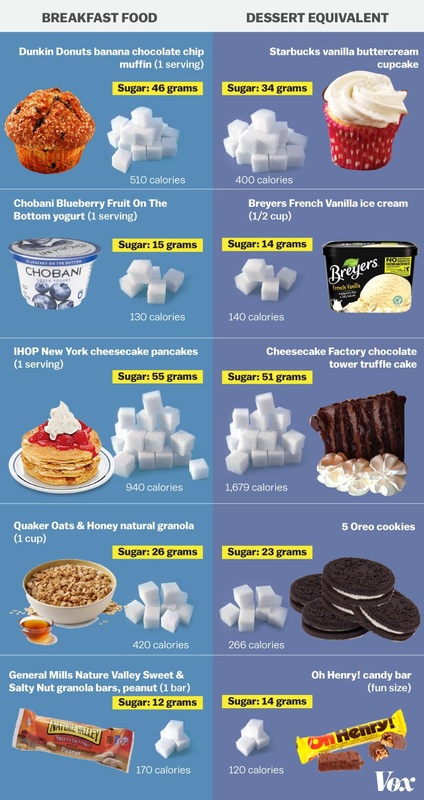 Do you think you have a healthy dessert? Well, if you eat common American breakfast foods, just count them as dessert. Vox: We Need to Call American Breakfast What It Often Is: Dessert muffin = cupcake smoothie = milkshake granola = streusel top yogurt = ice cream waffle = cookie Source: Vox: We Need to Call American Breakfast What It Often Is: Dessert 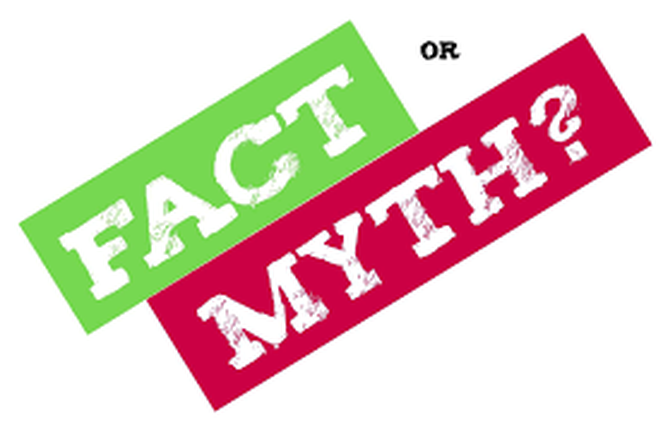 Nutrition myths are a pesky plague, difficult to dispel. One of them – skipping breakfast will make you fat – might well be on the way out. In two different articles this year (here and here), the New York Times has made its status as a myth completely clear. On the other hand, WebMD is still advising readers that “breakfast is the most important meal of the day.” Apart from the peskiness of these myths is the problem of self-awareness by the people who perpetuate them. Both health reporters and nutrition professionals uncritically promote the results of observational studies as if they prove cause and effect. In 2008, the Times did just that in reporting that “skipping cereal and eggs” leads to “packing on pounds.” Presumably, they sold more papers with both sides of this story. The evidence never did support the claim. More disturbing is how reporters and even some nutrition professionals justify the misreporting: Big Food made us do it. The New York Times opens one of its current reports on the breakfast myth by saying “the food industry has been promoting this claim for decades to sell breakfast cereal.” Nutrition professionals and health reporters should be filters for factual information. Blaming Big Food is a lame excuse. The real problem is a lack of critical thinking. Making things worse, we sometimes see critical thinking dismissed as nihilism. “This is the best data we’ve got” is a rationalization we often hear. If you think this doesn’t happen just read a defense of using flawed self reports of energy intake. Seeing just one of these myths fade into the twilight is cause for celebration. But make no mistake, plenty of them remain. For starters, consider the disproven assertions that artificial sweeteners cause weight gain or breastfeeding prevents obesity. Despite all evidence to the contrary, many nutrition professionals repeat them and many journalists report them as facts. Unless we all stick with the facts, we have no one to blame but ourselves for persistent nutrition myths. Click here and here for more about scientific rigor and nutrition myths. Source: http://conscienhealth.org/2016/07/where-does-the-blame-lie-for-nutrition-myths/ Lowering blood glucose in type 2 diabetes using medications dramatically lowers risk of eye damage (diabetic retinopathy), according to a new study:
Health Central: How You Can Cut Your Risk of Diabetic Retinopathy Diabetes Journals: Persistent Effects of Intensive Glycemic Control on Retinopathy in Type 2 Diabetes By keeping your blood glucose in check with medications, you can cut your risk of getting eye complications by half. The only tiny problem is that the study (ACCORD) also showed that the drugs increased mortality. That is, they killed more people than they saved. Is there a better way than using drugs? For example, normalizing blood glucose using a simple dietary change? If so that would be fantastic. Source: http://www.dietdoctor.com/cutting-risk-diabetic-retinopathy-lowering-glucose |
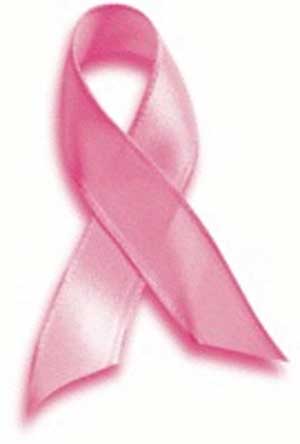
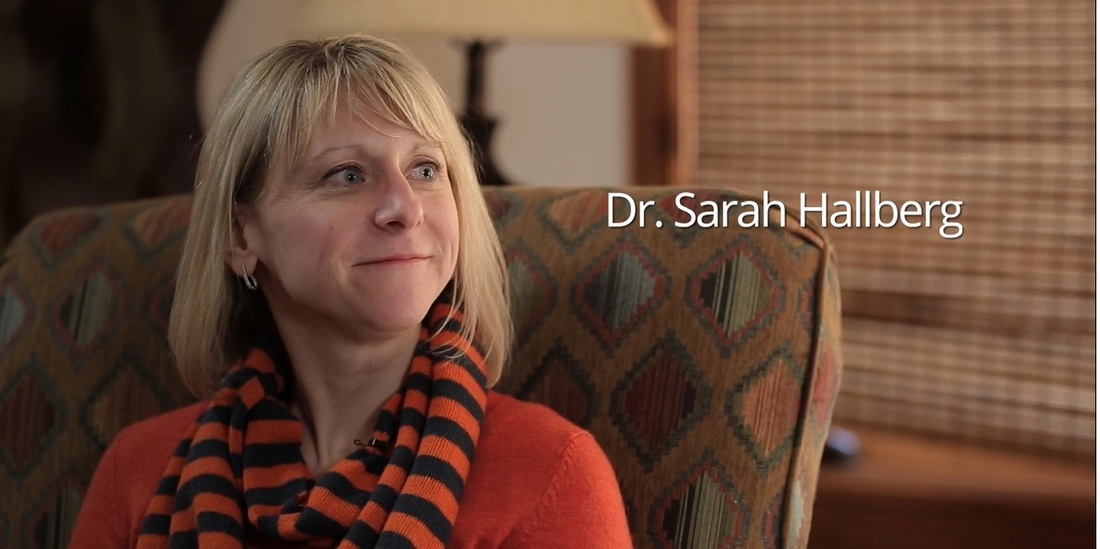
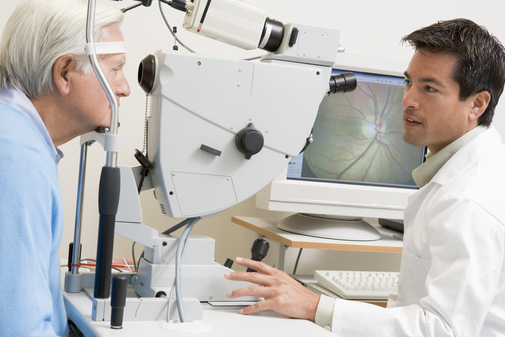
 RSS Feed
RSS Feed
